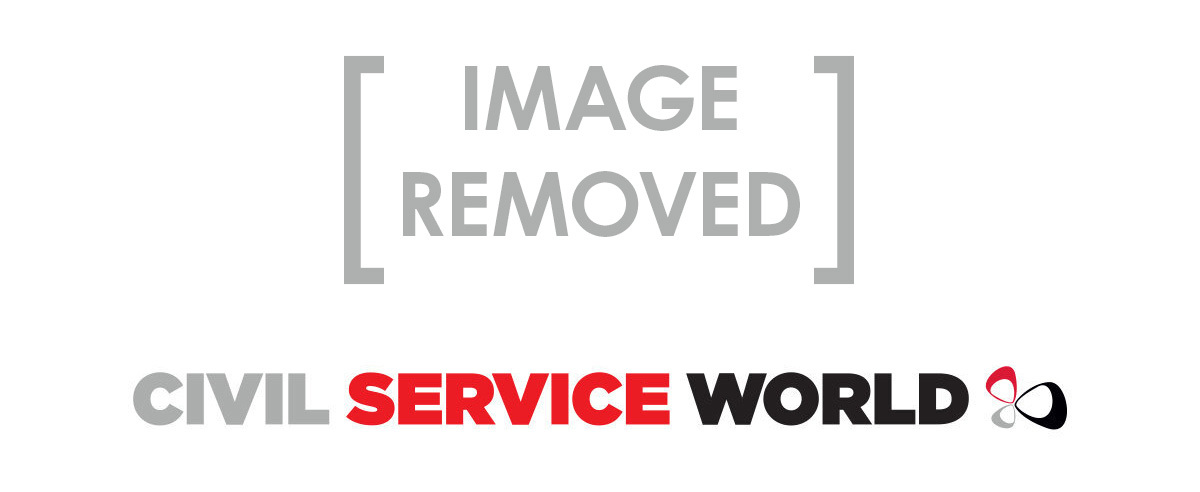The Cabinet Office minister Oliver Dowden has said civil servants are working hard to achieve the best Brexit deal for Britain after officials faced increasing criticism over the negotiations.
At the official launch of the government’s hub office in Canary Wharf yesterday, Dowden told CSW that civil servants must be able to raise challenges to government policy as part of their work, but this did not mean they were blocking Brexit.
His comments come after the acting Cabinet secretary, Sir Mark Sedwill, took the unprecedented step of writing to The Times in support of officials. An article in the newspaper last weekend quoted unnamed Conservative MPs calling Brexit negotiator Olly Robbins “Rasputinesque”, but Sedwill’s letter said the MPs should be “ashamed of themselves” and called for an end to “sniping” at senior officials.
Dowden, who as minister for implementation has responsibility for civil service HR and for functions across government, said officials were not “blockers or frustrators” of Brexit.
He highlighted that he sits on a number of Brexit committees as part of the Cabinet Office’s central coordinating role supporting prime minister Theresa May in the negotiations.
“In my experience, civil servants are committed to trying to get the best deal for this country, and working hard to do that,” he said. “Now clearly in doing that they are going to have to raise where there are problems and challenges and that is part of their job – but I don’t recognise this image of civil servants being blockers or frustrators or anything like that.”
 Dowden was speaking at the launch event for the government’s office hub in Canary Wharf (left), which houses staff from departments including HM Revenue and Customs, the Ministry of Justice and regulators Ofgem, the Pensions Ombudsman and the Medicines and Healthcare Products Regulatory Agency.
Dowden was speaking at the launch event for the government’s office hub in Canary Wharf (left), which houses staff from departments including HM Revenue and Customs, the Ministry of Justice and regulators Ofgem, the Pensions Ombudsman and the Medicines and Healthcare Products Regulatory Agency.
He said the development of as many as 20 government hubs across the country was a key part of the government’s functions agenda for the civil service.
“This is the government’s hubs programme in action. It says HM Government [at the reception] and it is not individual government departments, so we’re moving away from that silo mentality and this is happening all around the country.”
As well as reducing running costs, Dowden said the move to reduce the number of government offices from around 800 to around 200 would help unlock government collaboration.
“This is a modern working environment that people would expect to have – we have collaborative spaces, we have wifi across the building. In time this [hub] will develop more intangible benefits through bringing departments closer to one another, then hopefully over time this will lead to a more cohesive vision of government.
“If you go back to the functions agenda that was started by [former Cabinet Office minister] Francis Maude and that we’re continuing to deliver on, it’s about seeing government in its totality rather than different silos.”